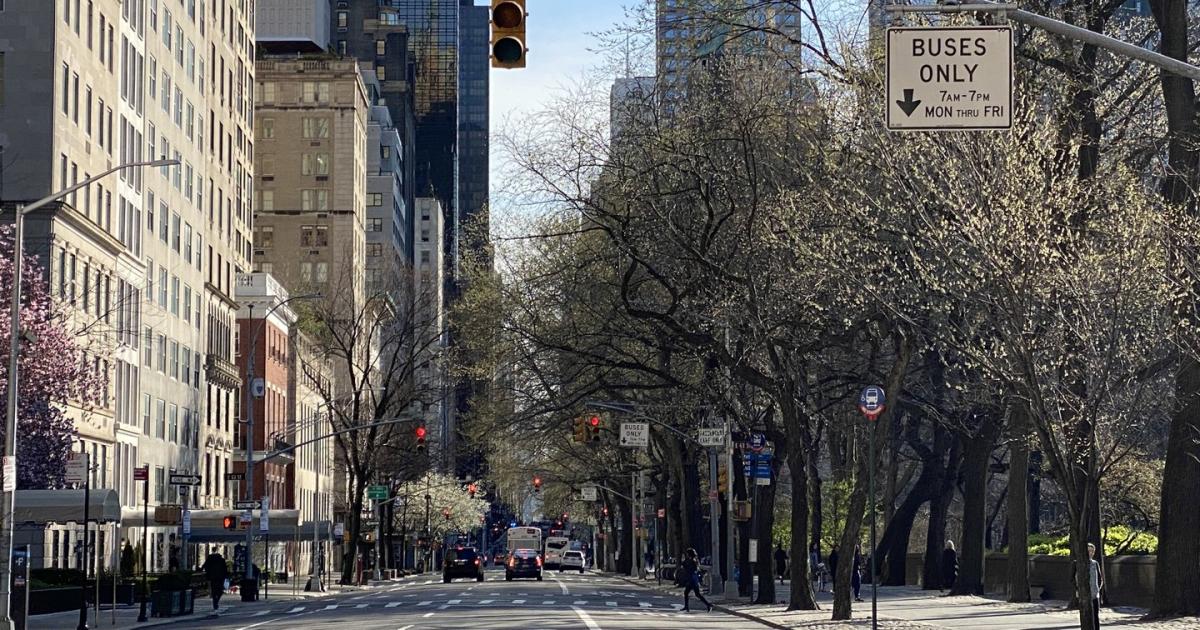We have listed that and the other rules for you here.
1) Where and when do you have to wear a mouth mask?
‘The public interior space’, you have probably seen that term in recent months. This includes all buildings where everyone is allowed to enter freely. Think of supermarkets, shops, libraries, town halls, restaurants, cafes, theaters, hotels, museums, bus and train stations, airports and petrol stations. For these occasions it is all true that you have to put on a mouth mask when you move. If you have a fixed seat, for example in a reserved spot in a hotel restaurant, the mouth mask may be removed. As soon as you walk to the toilet or move for another reason, the mouth mask is required again. What about sitting in waiting areas, for example at Schiphol, remains unclear on the website of the Dutch government.
There was already a duty of masking in public transport. You must continue to wear a mouth mask there, even when you are sitting.
Wearing a mouth mask is also compulsory in education, with the exception of primary schools. When the teacher or student starts moving, the mouth mask should be put on.
The following applies to contact professions: both the customer and the professional must wear a mouth mask from Tuesday. So whether you go to the hairdresser or take a driving lesson: kap d’r veur.
2) For whom does the masking obligation apply?
For everyone aged 13 and older. From that age, a person can be prosecuted.
An exception is made for people who cannot wear a mouth mask due to an illness or disability. This concerns, for example, people with a facial condition or people with a lung disease. The exception also applies to people who become seriously disrupted by wearing a mouth mask, for example because of a mental disability or psychological disorder. Also persons who depend on non-verbal communication, such as lip reading, are not obliged to wear a mouth mask. When in doubt, officers or boas can ask for a medical certificate.
Athletes, musicians and actors also do not need to wear a mouth mask while exercising their hobby or profession.
3) For which rooms or places are exceptions made?
Places of worship, such as churches, mosques and synagogues. These places are seen as public interior space, but have an exceptional position in the law.
So-called enclosed spaces, such as offices and club buildings, do not fall under the masking obligation.
4) What is meant by a mouth cap? (And: is a splash guard also allowed !?)
A mouth mask must cover the nose, mouth and chin, according to the national government on its website. A splash guard, also called a faceshield does not completely cover these parts of the body and should therefore not be used. The same goes for scarves and handkerchiefs. Strangely enough, a bandana (or buff) is also not allowed, even though it can cover mouth and nose at the same time.
A homemade mouth mask is allowed. The government has one instruction made for making such a non-medical mouth mask.
According to the government, medical mouth masks are ‘not necessary’ in public places and are only recommended for healthcare workers.
– Is a distinction made between stores, for example in size?
No. Until November 30, retailers could decide for themselves how to handle mouth masks, but because the advice has turned into an obligation, that is no longer possible.
– What happens in the event of a violation?
Then you risk a fine of 95 euros, which is not a completely new amount. Until now, this amount has to be paid for every legal violation of the corona rules.
– Why was the masking obligation not introduced earlier?
Because it was not yet legally tenable. It was not until the end of October that the COVID-19 Temporary Measures Act, often referred to as the Corona Act, was passed by the Senate. The law replaces all previously established emergency ordinances, which were only useful in temporary crisis situations.
Because the corona crisis appears to be of a longer duration, it had to be legally cast in a different mold. The duty to mask masks is not laid down in the Corona Act, but in a ministerial regulation issued by Minister Ferd Grapperhaus of Justice and Security. Last week, the Lower House approved the scheme.
– Until when does the masking obligation apply?
In any case, three months, so until March 1, 2021. The government can extend the mask obligation by three months each time if necessary. That depends entirely on the contamination figures.
This previously published article has been supplemented with more details and can be read again due to current events.
Also read:
– Mouth masks at school: ‘Got it, although it sometimes makes me anxious’
– Follow the latest developments in our corona blog
– .


